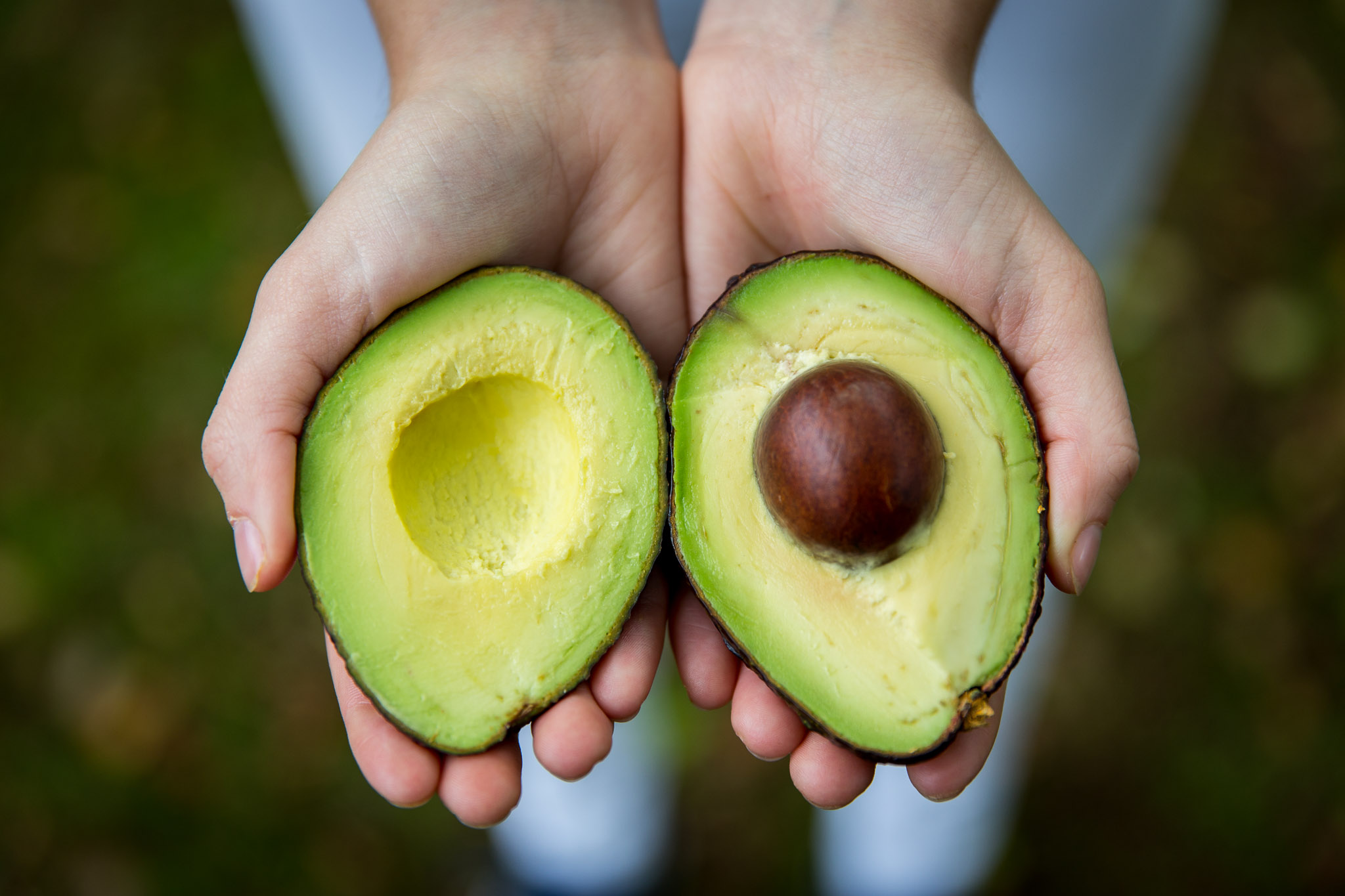The ketogenic diet requires a strict restriction of carbohydrates, while allowing free intake of fats (including saturated fats)
**this is not exactly like the rest of my articles but more my notes on the subject based on various scientific studies
The ketogenic diet - rapid weight loss along with favorable biomarker changes such as a reduction in serum hemoglobin A1c in patients with type 2 diabetes.
However, it also produces a significant increase in low-density lipoprotein cholesterol levels
(O'Neill & Raggi, 2020)
Ketogenic diet is a promising opportunity to target metabolic changes in cancer cells. Recent research shows that it has a limiting effect on tumor growth, protects healthy cells from damage from chemotherapy or radiation, accelerates chemotherapy toxicity to cancer cells, and reduces inflammation
It is a high-fat, low-carbohydrate diet with adequate protein and calories that was originally developed in the 1920s as a treatment for intractable epilepsy
(Weber et al., 2020)
Types of Ketogenic Diets
Classic : 4:1 composition of fat content versus carbohydrates plus protein. 90% of calories from fat, 8% from protein and only 2% from carbohydrates.
Based on medium-chain triglycerides (MCTs): MCTs are more rapidly absorbed into the bloodstream and oxidized for energy due to their ability to passively diffuse across membranes. They also promote the synthesis of ketosomes in the liver. Thus, adding MCTs would allow for significantly more carbohydrates to be included
(Weber et al., 2020)
Adverse events of the ketogenic diet should be monitored and include short-term acidosis, hypoglycemia, vomiting, constipation, diarrhea, and gastroesophageal reflux. Long-term side effects usually appear after three months and include hyperlipidemia, constipation, kidney stones, growth failure, bone health, and vitamin, mineral, and trace element deficiencies.
(Sampaio, 2016)
The classic ketogenic diet is defined as a diet with one gram of protein per kilogram of body weight, 10–15 g of carbohydrates per day, and the remaining calories from fat.
There is data showing impressive short-term weight loss, but most analyzes show that their long-term effectiveness is comparable to other low-calorie diets. Part of this effect may be due to the difficulty of long-term adherence to such an eating pattern. Additionally, some of the weight lost during the acute phase of the ketogenic diet may be related to water loss, rather than actual fat loss.
(McGaugh & Barthel, 2022)
References:
O’Neill, B. and Raggi, P. (2020) ‘The ketogenic diet: Pros and cons’, Atherosclerosis, 292, pp. 119–126. doi:10.1016/j.atherosclerosis.2019.11.021.
Weber, D.D. et al. (2020) ‘Ketogenic diet in the treatment of cancer – where do we stand?’, Molecular Metabolism, 33, pp. 102–121. doi:10.1016/j.molmet.2019.06.026.
Sampaio, L.P. (2016) ‘Ketogenic diet for epilepsy treatment’, Arquivos de Neuro-Psiquiatria, 74(10), pp. 842–848. doi:10.1590/0004-282x20160116.
McGaugh, E. and Barthel, B. (2022) ‘A Review of Ketogenic Diet and Lifestyle’, Missouri Medicine [Preprint].

